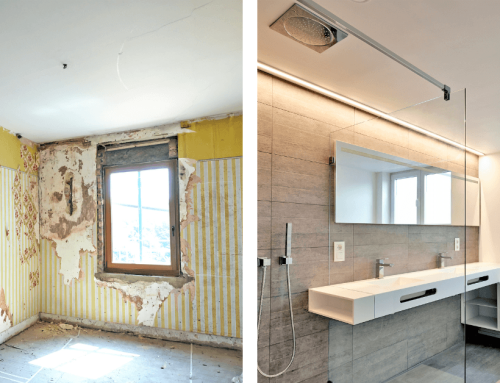The Honourable Chrystia Freeland, Deputy Prime Minister and Minister of Finance, unveiled the 2022 Fall Economic Statement on November 3rd. Housing affordability was one of the topics addressed during the statement. As your partner, our goal is to support and educate you in any way we can, which includes keeping you informed on matters related to the housing market in Canada; below is the update, and what it might mean for your business.
A significant part of the budget addresses the housing market, specifically rules around flipping houses and the full taxation of this practice. Here is a summary of the budget items surrounding the Canadian housing market that were included.
Flipping House and Assignment Sales
- Beginning January 1, 2023, any property owned for less than 12 months will have these profits taxed as business income. There are some exceptions to this rule including death, divorce, safety issues, illness or disability, relocation due to education or employment, insolvency, and a few others. In order to prevent loopholes created by assignment sales, this 12-month period completely resets once the ownership is secured.
- Assignment sales of both new construction and substantially renovated housing will be subject to GST/HST. This measure is an attempt to curb speculators.
Non-Canadian Ownership
- As another attempt to put a stop to speculation, non-Canadians are banned for 2 years from purchasing residential property in Canada. This is also effective as of January 1, 2023.
- To address the issue of residential properties that sit vacant and unavailable for Canadians to occupy due to foreign ownership, there will be a 1% tax applied on an annual basis, known as an “underused housing tax“.
First-Time Home Buyers
- The Tax-Free First Home Savings Account will be introduced. This account will function as a combination of an RRSP and TFSA account with a $40,000 limit and enable first-time home buyers to use this money towards their down payment.
- The First-Time Home Buyer’s Tax Credit will be doubled, meaning up to a $1,500 credit.
- In order to encourage multi-generational living, there will be a credit introduced called the Multigenerational Home Renovation Tax Credit. This credit can be used to construct a secondary suite in your home but must be used for a family member that is either elderly or has a disability.
What does this all mean for you, as a Real Estate Investor?
The initiatives around taxation for flipping properties is not likely to have any impact on your business as the business of flipping houses was already subject to taxation. What this anti-flipping tax does that is new is tax those principal residences which are owned for less than 12 months to serve the government’s effort to target speculators who may be pushing house prices up while enjoying a tax-free profit. Real Estate Investors like yourselves who were focused on creating profits by flipping or rehabbing houses were already subject to either capital gains or business taxes when you sell real estate investments for a profit. We highly encourage you to get tax advice from tax professionals to ensure you are the most tax efficient possible.
The credits and support for first-time home buyers could further support the sales of renovated properties, which can be more economical than a new home purchase.
Other parts of the budget such as banning foreign investment could lead to more available properties for investors, home buyers, and renters.
If you are interested in reading the budget in greater detail, it can be found here.
Please don’t hesitate to reach out to our team if you would like to discuss this further.
Sherwin Dziwenka – Sherwin@chmic.ca
Garrett LaBarre – Garrett@chmic.ca
Rob Maver – Rob@chmic.ca
403.278.0249 | 1.888.752.4642




